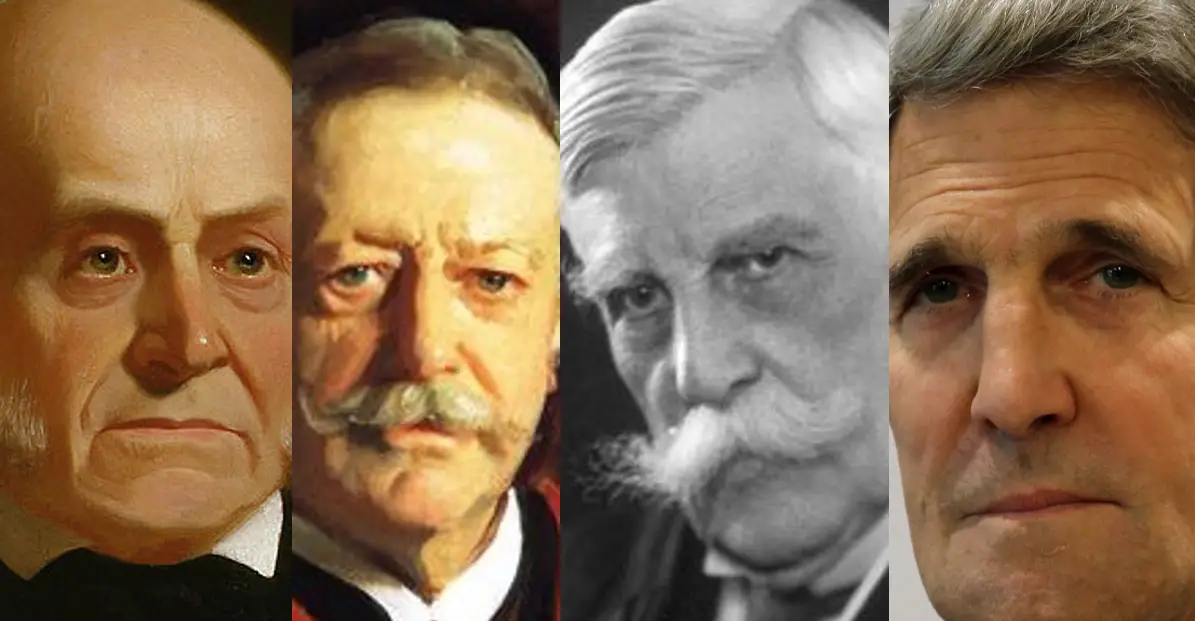The Boston Brahmin, a term coined by Oliver Wendell Holmes in 1861, refers to the elite class of families in Boston, Massachusetts, who have historically held significant social, economic, and political power in the city and beyond. For centuries, these families have played a crucial role in shaping the politics of Boston, and their influence can still be felt today. In this article, we will delve into the history of Boston Brahmin politics, exploring their rise to power, their values and ideals, and their lasting impact on the city and the nation.

Early History (1600s-1800s)
The Boston Brahmin families, such as the Adams, Cabots, and Lowells, were among the earliest settlers of Boston. These families were primarily of English descent and were drawn to the city by its economic opportunities and strategic location. Over time, they established themselves as merchants, traders, and industrialists, amassing significant wealth and influence. As their power grew, so did their involvement in politics. Many Boston Brahmin families produced notable politicians, including presidents, senators, and governors.
The Golden Age (1800s-1900s)
The 19th century is often referred to as the "Golden Age" of Boston Brahmin politics. During this period, families like the Lowells, Cabots, and Gardners dominated the city’s politics, holding key positions in government, finance, and industry. The Boston Brahmin were known for their conservative values, supporting the establishment of a strong national bank, a robust military, and a strict social hierarchy. They were also instrumental in shaping the city’s cultural institutions, including the Boston Athenaeum, the Museum of Fine Arts, and the Boston Symphony Orchestra.
Values and Ideals
The Boston Brahmin were guided by a set of core values and ideals that shaped their politics and their lives. These included:
- Family and tradition: The Boston Brahmin placed great importance on family and tradition, often marrying within their own social circle and maintaining close relationships with other prominent families.
- Conservatism: The Boston Brahmin were generally conservative, opposing radical social change and advocating for the preservation of traditional institutions and values.
- Patriotism: The Boston Brahmin were deeply patriotic, supporting the United States and its interests, both at home and abroad.
- Civic duty: The Boston Brahmin believed in the importance of civic duty, often taking on leadership roles in government, philanthropy, and other areas of public life.
Notable Boston Brahmin Politicians
Some notable Boston Brahmin politicians include:
- John Adams: The second President of the United States, Adams was a founding member of the Boston Brahmin and played a key role in shaping the city’s politics.
- Henry Cabot Lodge: A prominent senator and historian, Lodge was a leading figure in the Boston Brahmin and a strong advocate for conservative values.
- Joseph P. Kennedy: The patriarch of the Kennedy family, Kennedy was a successful businessman and politician who served as the U.S. Ambassador to the United Kingdom.
Decline and Legacy (1900s-present)
The Boston Brahmin’s influence began to wane in the early 20th century, as new immigrant groups and rising social classes challenged their dominance. The Great Depression and World War II further eroded the Boston Brahmin’s power, as the city’s economy and politics became more democratized. Today, while the Boston Brahmin are no longer the dominant force they once were, their legacy continues to shape the city’s politics, culture, and institutions.
FAQs
- What is the definition of a Boston Brahmin?
A Boston Brahmin refers to a member of the elite class of families in Boston, Massachusetts, who have historically held significant social, economic, and political power in the city and beyond. - What values did the Boston Brahmin hold dear?
The Boston Brahmin were guided by a set of core values, including family and tradition, conservatism, patriotism, and civic duty. - Who were some notable Boston Brahmin politicians?
Notable Boston Brahmin politicians include John Adams, Henry Cabot Lodge, and Joseph P. Kennedy. - What was the "Golden Age" of Boston Brahmin politics?
The 19th century is often referred to as the "Golden Age" of Boston Brahmin politics, during which families like the Lowells, Cabots, and Gardners dominated the city’s politics. - How did the Boston Brahmin’s influence decline?
The Boston Brahmin’s influence began to wane in the early 20th century, as new immigrant groups and rising social classes challenged their dominance, and the Great Depression and World War II further eroded their power.
Conclusion
The Boston Brahmin politics have played a significant role in shaping the city’s history, culture, and institutions. From their early days as merchants and traders to their rise as a dominant force in politics, the Boston Brahmin have left an enduring legacy. While their influence has declined over the years, their values and ideals continue to inspire and inform the city’s politics and culture. As we look to the future, it is essential to understand the complexities and nuances of Boston Brahmin politics, recognizing both their achievements and their limitations. By doing so, we can gain a deeper appreciation for the city’s rich history and its ongoing evolution as a vibrant, diverse, and dynamic metropolis.
Closure
Thus, we hope this article has provided valuable insights into The Boston Brahmin Politics: A Legacy of Power and Influence. We appreciate your attention to our article. See you in our next article!

